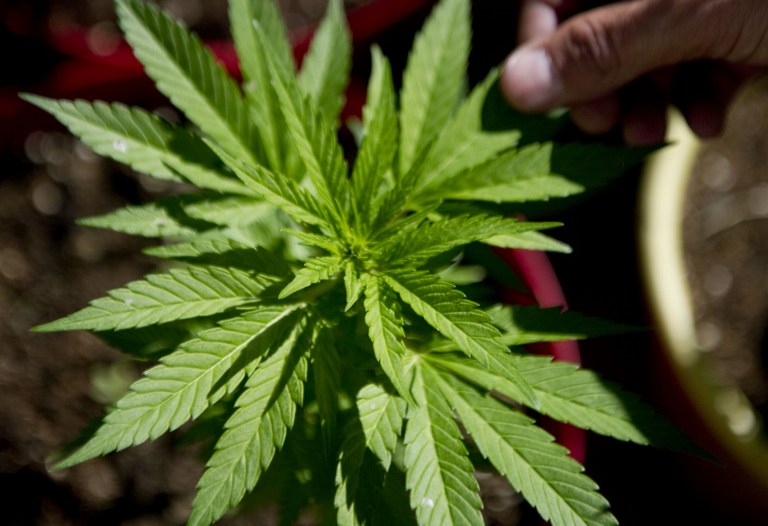SUMMARY
This is AI generated summarization, which may have errors. For context, always refer to the full article.

MEXICO CITY, Mexico – The leaders of Mexico and three Central American nations called Monday, November 12, for a review of anti-drug policies after two US states voted to legalize marijuana.
The presidents of Mexico, Honduras, Costa Rica and Belize called on the United Nations to hold a special session by 2015 to examine the “successes and limits” of current strategies against drug trafficking.
In a joint declaration read by Mexican President Felipe Calderon, the leaders asked the Organization of American States (OAS) to draft a report on the impact of last week’s referenda in the US states of Colorado and Washington.
The leaders said it was “necessary to analyze in depth the public policy and health implications” for their nations following “local and state processes under way in some countries of our continent to allow the legal production, consumption and distribution of marijuana.”
The legalization moves, according to the declaration read by Calderon, “represent a paradigm change in these entities with respect to the current international system.”
Elsewhere in the region, Uruguay’s congress is debating a government-backed bill to allow the state to regulate the distribution and sale of marijuana. Guatemalan President Otto Perez has backed the decriminalization of pot.
Analysts say Calderon’s decision to deploy troops to combat drug cartels in 2006 has backfired. More than 60,000 people have been killed since then in a brutal turf war between the country’s gangs.
According to US government figures, some 90 percent of the cocaine and other drugs sent from South America to the United States passes through or is stored in Central America, helping make it one of the world’s most violent regions.
Calderon read the declaration after talks in Mexico City with Costa Rican President Laura Chinchilla, Honduran President Porfirio Lobo, and Belize’s Prime Minister Dean Barrow. – Agence France-Presse
Add a comment
How does this make you feel?
There are no comments yet. Add your comment to start the conversation.